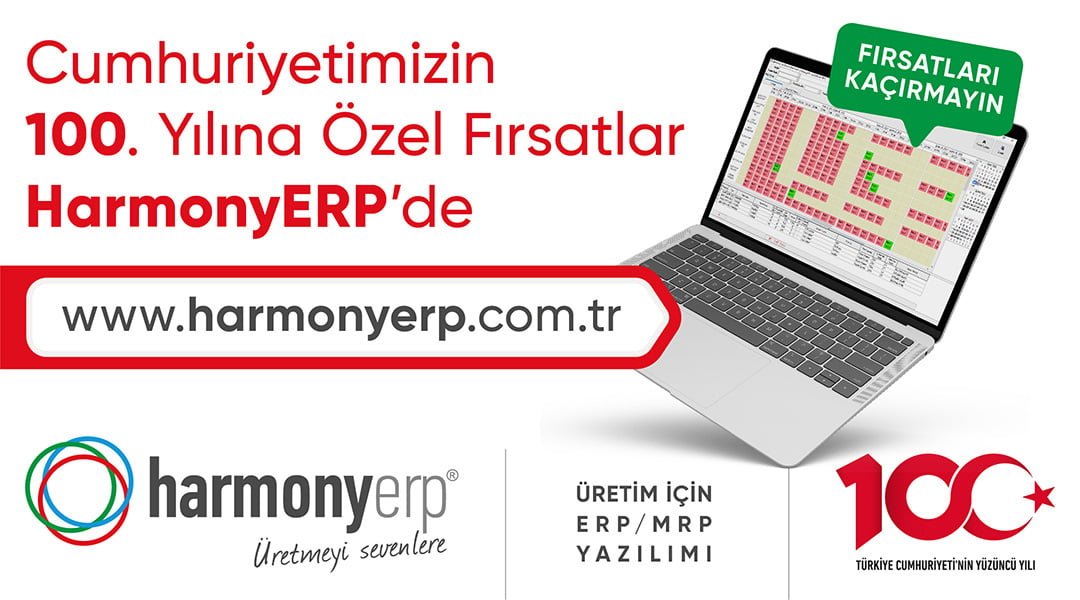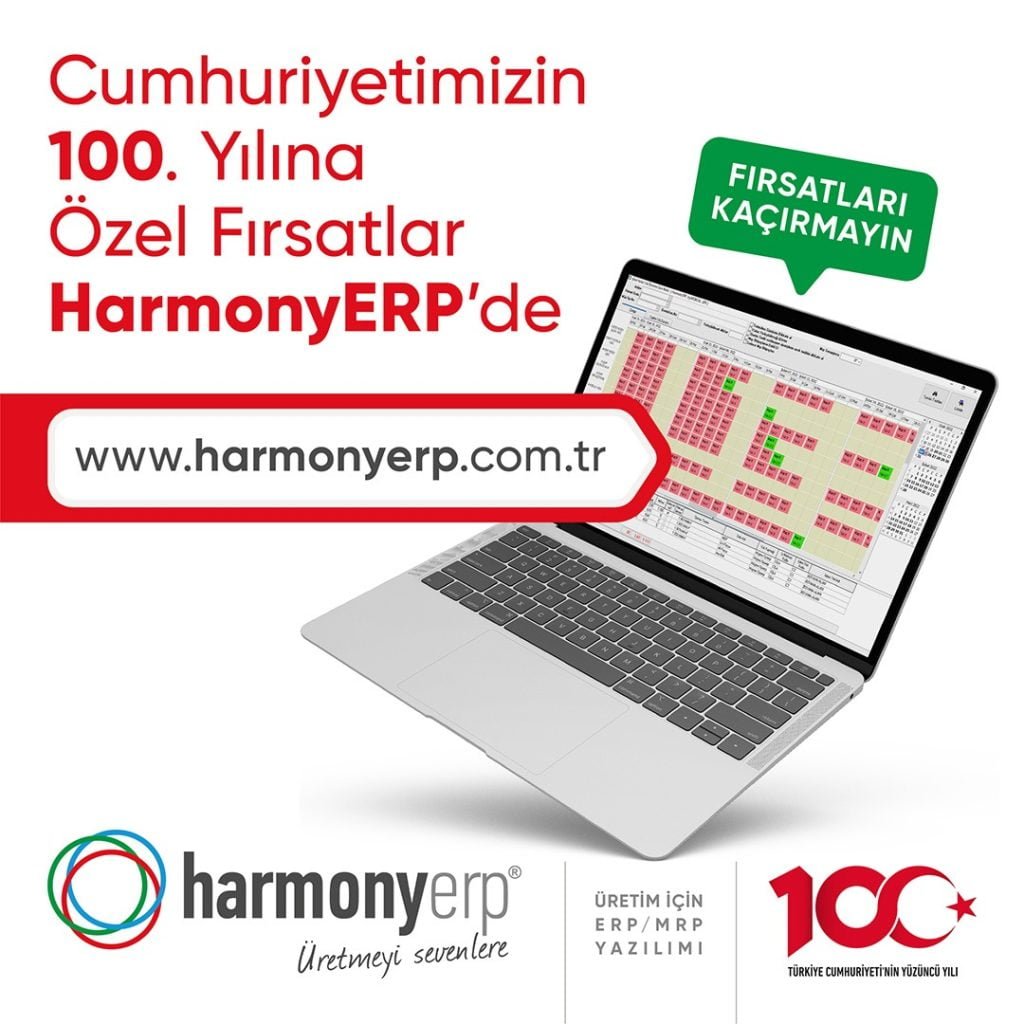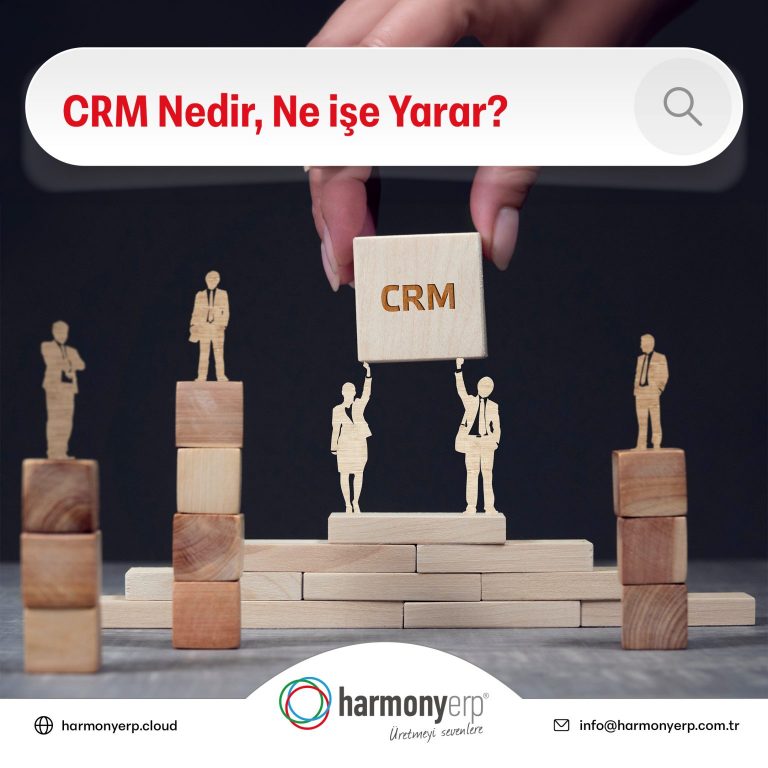What is Electronic Supply Chain Management (e-Sourcing)?
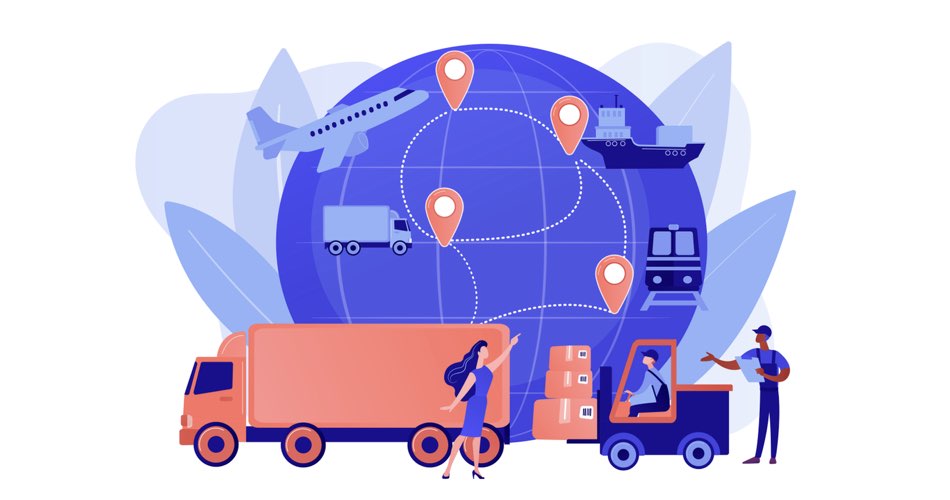
Electronic Supply Chain Management (e-Sourcing) is an increasingly important concept in today’s business world. This system, which enables businesses to manage their procurement processes in a digital environment, offers a faster, more efficient and more cost-effective approach than traditional methods. While traditional supply chain management often involves manual and time-consuming processes, e-Sourcing automates and optimizes these processes.
Definition of e-Sourcing
Electronic Supply Chain Management refers to the execution of procurement processes through digital platforms. These processes include steps such as identifying suppliers, collecting bids, conducting negotiations and managing agreements. e-Sourcing makes these transactions faster, more transparent and more cost-effective by using internet-based software and tools. Through e-Sourcing, businesses can manage their procurement processes more effectively and gain competitive advantage.
Components of e-Sourcing
Supplier Management
One of the most important components of e-Sourcing systems is supplier management. Supplier management includes functions such as registering, evaluating and monitoring the performance of suppliers. These systems enable businesses to select the right suppliers and develop long-term business relationships. Continuously monitoring and evaluating the performance of suppliers helps businesses avoid potential disruptions in the supply chain. Furthermore, evaluating suppliers according to specific criteria ensures that quality standards are maintained and continuous improvements are made.
Offer Collection and Evaluation
e-Sourcing platforms allow businesses to collect and evaluate bids from suppliers. The RFQ process is critical to selecting the supplier that best suits the needs of the business. In traditional methods, bids are often collected and evaluated manually, a time-consuming and error-prone process. e-Sourcing enables electronic collection and automatic comparison of bids, speeding up the process and reducing the risk of error. This helps businesses to choose suppliers that provide the best price and quality.
Negotiation and Deal Management
e-Sourcing systems help businesses negotiate and manage deals with suppliers. Traditional negotiation processes often require face-to-face meetings and lengthy correspondence. e-Sourcing makes it possible to carry out this process through digital platforms, saving time and costs. In addition, digital negotiation processes become more transparent and traceable. By documenting the negotiation process, e-Sourcing systems increase transparency and prevent future disputes. It also enables agreements to be digitally signed and stored, thus streamlining and securing documentation processes.
Advantages of e-Sourcing
Cost Savings
e-Sourcing provides businesses with significant cost savings by optimizing procurement processes and reducing manual processes. Automating bid collection and evaluation processes reduces time and labor costs. Furthermore, e-Sourcing platforms increase competition among suppliers, allowing them to negotiate better prices and terms. This reduces total procurement costs and increases the profitability of businesses. Avoiding the errors and delays of traditional procurement methods also provides additional cost benefits.
Productivity Increase
Electronic supply chain management makes procurement processes faster and more efficient. Managing all processes from supplier selection to contract signing through digital platforms shortens transaction times and increases efficiency. By automating and digitalizing processes, e-Sourcing reduces the manual workload of employees and allows them to focus more on strategic tasks. This increases the overall operational efficiency of the business and enables more effective use of resources.
Transparency and Traceability
e-Sourcing increases transparency and traceability in procurement processes. Digital recording of all transactions ensures traceability at every stage of the process and prevents potential disputes. This helps businesses build more reliable and robust relationships in their supply chains. In addition, transparency enables the promotion of ethical and sustainable practices in the supply chain. By monitoring each step in the supply chain, businesses can check whether suppliers fulfill their environmental and social responsibilities.
Flexibility and Adaptation
e-Sourcing systems provide businesses with flexibility and adaptability in their procurement processes. Businesses can quickly adapt to changing market conditions and business needs. Digital platforms make it possible to make necessary adjustments to the supply chain quickly and efficiently. This flexibility allows businesses to maintain a competitive advantage and react quickly to changes in the market. Furthermore, e-Sourcing enables new suppliers to be easily integrated and business relationships with existing suppliers to be quickly adapted.
e-Sourcing Implementation Methods
e-Auctions
e-Sourcing platforms allow businesses to organize e-auctions to increase competition among their suppliers. This method ensures that supply agreements are made at the best prices and terms. Suppliers submit their bids within a certain period of time and the supplier with the best bid is selected. e-Auctions make procurement processes more competitive and transparent, resulting in cost advantages for businesses. It also becomes easier to compare prices and terms of suppliers.
e-RFP (Request for Proposal)
e-RFP is a method that allows businesses to request detailed offers from suppliers. This process enables the business to clearly define its needs and expectations and for suppliers to bid according to these requirements. e-RFP facilitates the process of collecting and evaluating detailed proposals. Through e-RFP, businesses can select the most suitable supplier by comparing the quality of services and products offered by suppliers, their prices and other important criteria. This helps to make more informed and strategic procurement decisions.
e-RFI (Request for Information)
e-RFI is a way for businesses to collect information from suppliers. This process provides information about suppliers’ capacities, capabilities and experience. e-RFI plays an important role in the pre-assessment and shortlisting of suppliers. Through e-RFI, businesses can assess the overall competencies and potential of suppliers and identify the most suitable candidates for further processes. This method serves as a critical information gathering tool in the early stages of the supply chain.
e-RFQ (Request for Quote)
e-RFQ is a method used by businesses to collect quotes from suppliers. This process helps to select the supplier that offers the best price for a particular product or service. e-RFQ plays a critical role in cost-effective supplier selection by price comparison. Through e-RFQ, businesses can compare price offers from different suppliers and choose the supplier that will meet their needs in the most cost-effective way. This helps the business to optimize procurement costs.
The Future of e-Sourcing
Electronic supply chain management will become even more important with the rapid development of technology. New technologies such as artificial intelligence, big data analytics and blockchain will further enhance and optimize e-Sourcing processes. Using these technologies, businesses can make their supply chains more secure, transparent and efficient. These technological innovations allow faster, more reliable and more strategic management of procurement processes.
Artificial Intelligence and Big Data
Artificial intelligence and big data analytics enable smarter and data-driven decisions in e-Sourcing processes. These technologies analyze supplier performance, assess risks and make recommendations to select the most suitable supplier. It also helps make strategic supply decisions by analyzing market trends and demand forecasts. Artificial intelligence manages automated bid collection and evaluation processes, increasing the speed and accuracy of procurement processes. Big data analytics helps businesses make more informed decisions by providing valuable information at every stage of the supply chain.
Blockchain Technology
Blockchain technology increases security and transparency in the supply chain. Recording all procurement processes on the blockchain ensures traceability of transactions and reduces the risk of fraud. Blockchain also enables the use of smart contracts, automating procurement processes and making them more secure. Smart contracts automatically enter into force when certain conditions are met, which speeds up procurement processes and reduces errors. Furthermore, blockchain technology provides an immutable and reliable record of all transactions in the supply chain.
Electronic Supply Chain Management (e-Sourcing) is a modern approach that enables businesses to manage their procurement processes in a digital environment. It offers many advantages such as cost savings, increased efficiency, transparency and flexibility. e-Sourcing consists of components such as supplier management, bid collection and evaluation, negotiation and deal management, and provides great benefits to businesses with various implementation methods. In the future, e-Sourcing will continue to play an important role in supply chain management, further enhanced by technologies such as artificial intelligence, big data and blockchain. By taking advantage of these advantages offered by e-Sourcing, businesses can increase their competitive advantage and ensure sustainability and security in their supply chains. This will be an important strategy that increases the success and profitability of businesses in the long term.
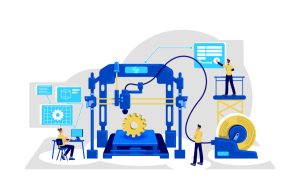
Previous Post
What is a Manufacturing Execution System (MES)?
Next Post
Enterprise Resource Planning (ERP)

